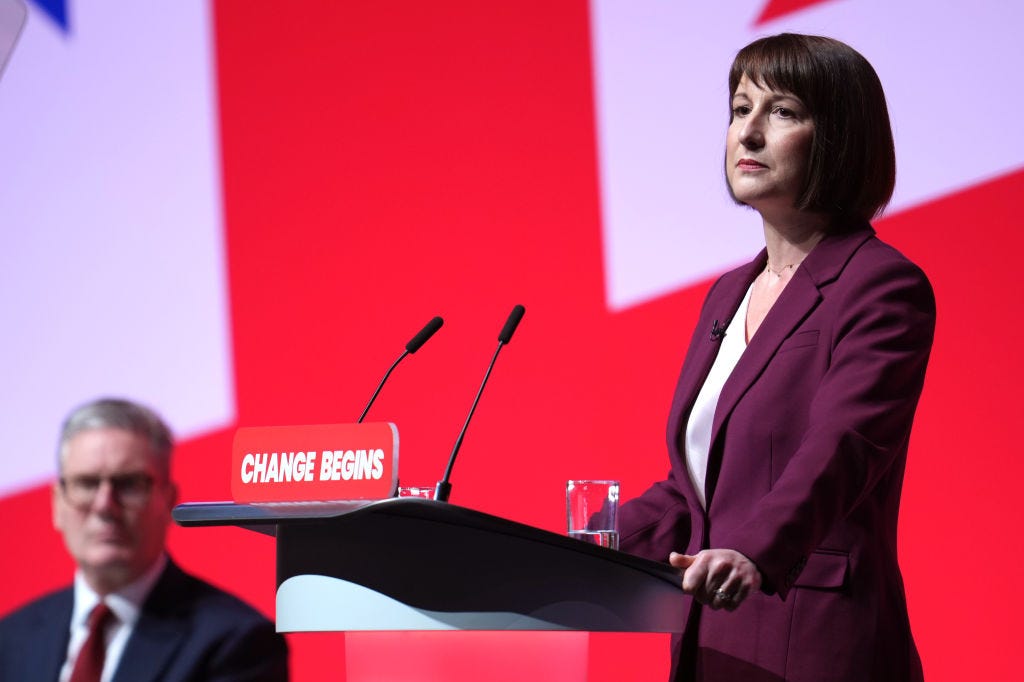Almost there...
What to look out for in the budget
I feel like I’ve been writing about the upcoming budget and spending review almost since we started this Substack. It was always going to be the critical moment when the fantasy economics and nonsensical spending plans, clung to by both main parties in the pre-election period, would have to end. The point at which politics had to renegage with reality.
Most of the big policy decisions across Whitehall have effectively been on hold for years, as departments waited to find out what resources they’ll have available. The answer will finally be revealed in two stages. First, on Wednesday, we will get new borrowing rules, taxes and year one of the spending review. Next April we’ll get years two and three (covering 2026-2028).
My main concern has always been that, in their desperation to win the election, Keir Starmer and Rachel Reeves were putting themselves in an overly constrained position. Their pledge not to increase any of the big four taxes that raise 80% of our revenue - income tax, national insurance contributions (NICs), VAT, and corporation tax - seemed impossible to meet given the scale of spending needs.
Back in autumn last year, in a series of posts about the public finances Labour would inherit, I concluded they would have no choice but to raise National Insurance Contributions, and that would likely need to be accompanied by changes to fiscal rules to allow more borrowing.
But at points during the election campaign it seemed as if these options were being closed down too. In August I returned to the subject and again concluded a NICs rise was necessary but feared it would be seen as politically impossible.
It seems, though, that this NICs rise will happen, albeit Labour are fervently insisting their pledge only ever referred to employee contributions. (The real world effects are roughly the same over time, though employer NICs are more progressive as there’s no upper limit on the salaries it’s paid on).
They have also confirmed that the fiscal rules are being changed to allow for an increase in capital investment, by tweaking the definition of debt.
Yet even having decided to take these political risks - and I’ve never been able to see a plausible alternative - the government remain highly constrained as a result of inheriting such an absurd set of fiscal projections from the Conservatives. In essense this budget is about how effectively they can exploit the room for manoeuvre they’ve allowed themselves. And how much more room they can give themselves for the rest of the Parliament.
As such, while we know the broad framework of what will happen already, the details will really matter. With the first stage of the big reveal just a few days away, I thought it would be useful to set out the key things to look out for on Wednesday that might be too technical to make the BBC headlines but will be critical to understanding its impact.
We’ll start with borrowing, then move on to taxes, and finish with spending. I’ll be back on Thursday with a full analysis of what’s been announced.
Keep reading with a 7-day free trial
Subscribe to Comment is Freed to keep reading this post and get 7 days of free access to the full post archives.


